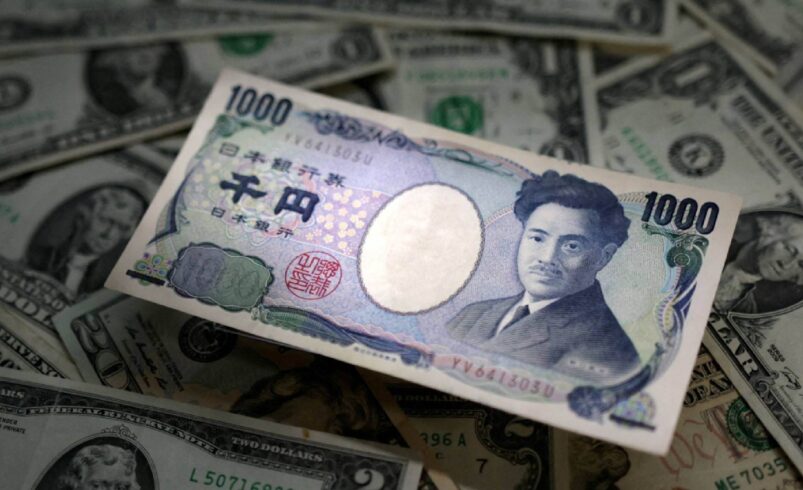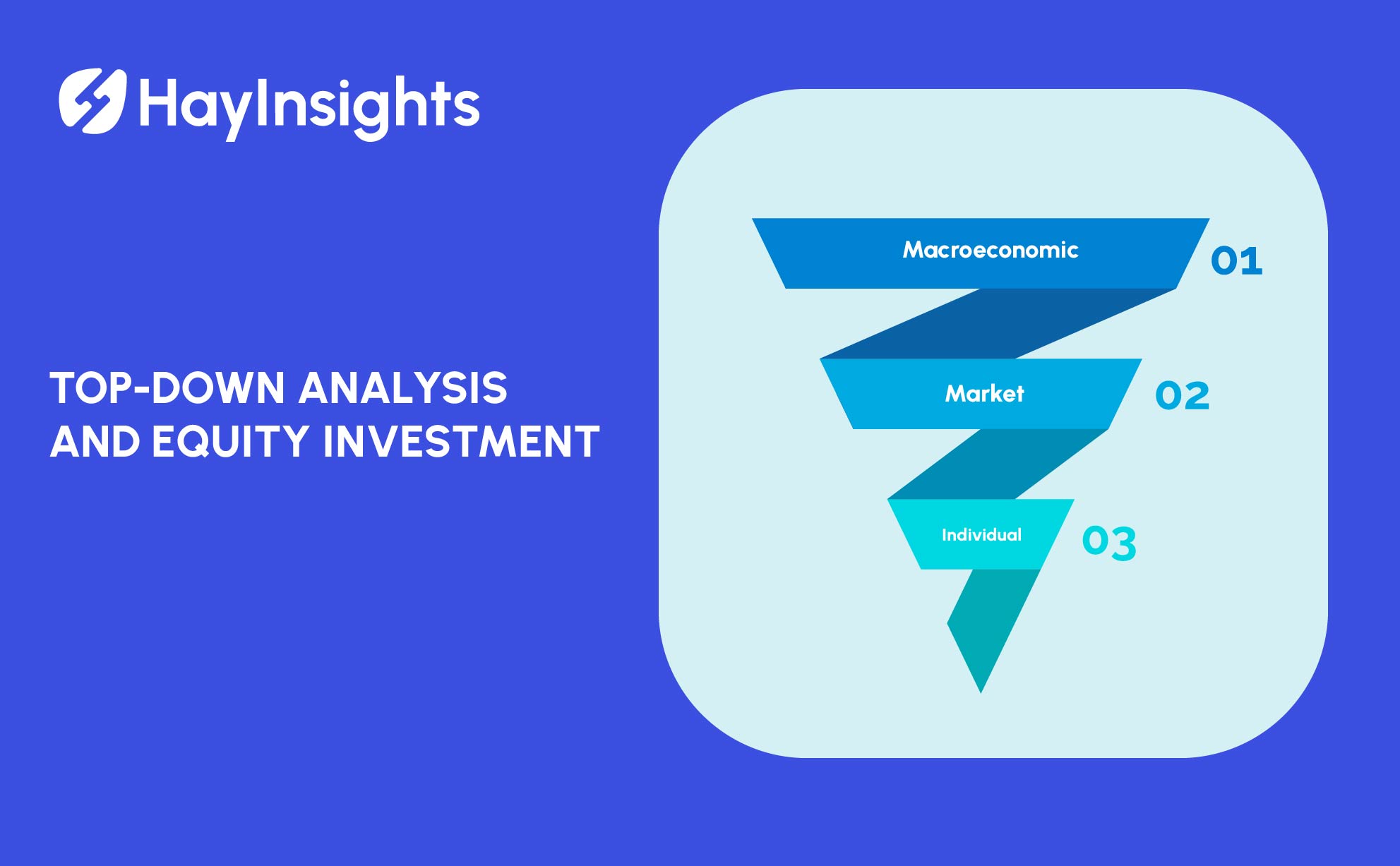
ETFs in Japan: Why, and Where to Invest?
Exchange-Traded Funds (ETFs) have grown immensely popular in Japan, offering investors a versatile and cost-effective way to diversify their portfolios. As the market evolves, understanding the different types of ETFs, the prominent asset management firms, and the implications of the new NISA program becomes crucial for investors. This article explores these aspects in detail, providing a comprehensive guide to navigating the ETF landscape in Japan.
Main Types of ETFs in Japan
Equity ETFs
Equity ETFs are the most common type, tracking indices such as the Nikkei 225, TOPIX, and JPX-Nikkei Index 400. These ETFs provide exposure to the performance of Japanese companies, allowing investors to benefit from the growth of the country’s stock market. Popular equity ETFs include:
- Nikkei 225 ETFs: Track the Nikkei 225 index, representing the top 225 blue-chip companies listed on the Tokyo Stock Exchange.
- TOPIX ETFs: Follow the Tokyo Stock Price Index (TOPIX), covering a broader range of companies compared to the Nikkei 225.
- JPX-Nikkei Index 400 ETFs: Focus on companies with high returns on equity and sound corporate governance practices.
Bond ETFs
Bond ETFs in Japan primarily invest in government and corporate bonds, providing a safer investment option for risk-averse investors. These ETFs offer steady income streams and are less volatile compared to equity ETFs. Examples include:
- JGB ETFs: Invest in Japanese Government Bonds (JGBs), providing stability and income through government-backed securities.
- Corporate Bond ETFs: Focus on bonds issued by reputable Japanese corporations, offering higher yields than government bonds but with slightly higher risk.
Commodity ETFs
Commodity ETFs track the prices of physical commodities such as gold, silver, and oil. These ETFs allow investors to hedge against inflation and diversify their portfolios with assets not correlated to the stock market. Notable commodity ETFs in Japan include:
- Gold ETFs: Provide exposure to gold prices, a traditional safe-haven asset.
- Oil ETFs: Track the performance of crude oil prices, catering to investors looking to benefit from energy sector movements.
REIT ETFs
Real Estate Investment Trust (REIT) ETFs invest in real estate assets, offering exposure to the property market without the need to directly own physical properties. These ETFs provide attractive dividend yields and are popular among income-seeking investors. Key REIT ETFs in Japan include:
- Japanese REIT ETFs: Focus on domestic real estate assets, such as office buildings, residential properties, and commercial spaces.
- Global REIT ETFs: Provide exposure to international real estate markets, diversifying the investment beyond Japan.
Leading Asset Management Firms Managing ETFs in Japan
Nomura Asset Management
Nomura Asset Management is one of Japan’s largest and most reputable asset management firms. They offer a wide range of ETFs, covering various asset classes and investment strategies. Their products include the NEXT FUNDS series, which encompasses equity, bond, and commodity ETFs.
Daiwa Asset Management
Daiwa Asset Management is another key player in the Japanese ETF market. They provide diverse investment options through their Daiwa ETF series, including equity, bond, and sector-specific ETFs. Daiwa’s expertise in asset management ensures robust and well-structured ETF offerings.
Mitsubishi UFJ Kokusai Asset Management
Mitsubishi UFJ Kokusai Asset Management, a subsidiary of Mitsubishi UFJ Financial Group, offers a comprehensive range of ETFs. Their MAXIS ETF series covers popular indices like the Nikkei 225 and TOPIX, catering to both domestic and international investors.
Nikko Asset Management
Nikko Asset Management is known for its innovative and diversified ETF products. They manage the Listed Index Fund series, which includes equity, bond, and commodity ETFs. Nikko’s commitment to providing high-quality investment solutions makes them a preferred choice for ETF investors in Japan.
Impact of the New NISA Program on the ETF Scene in Japan
What is the New NISA Program?
The Nippon Individual Savings Account (NISA) program is a government initiative aimed at encouraging individual investment in Japan. The new NISA program, introduced in 2024, features enhanced benefits and a broader scope compared to its predecessor. It allows individuals to invest in various financial products, including ETFs, with tax-free returns for a specified period.
Increased Investor Participation
The new NISA program is expected to boost participation in the ETF market by providing tax incentives and simplifying the investment process. The tax-free status of returns makes ETFs an attractive option for individual investors seeking long-term growth and income.
Greater ETF Accessibility
With the new NISA program, ETFs have become more accessible to retail investors. The simplified account opening process and increased investment limits encourage more people to explore ETF investments, thereby expanding the investor base and liquidity in the market.
Enhanced Product Development
Asset management firms are likely to introduce more innovative and tailored ETF products to capitalize on the growing interest generated by the new NISA program. This development will lead to a broader range of investment options, catering to different investor preferences and risk appetites.
Promoting Long-Term Investment
The new NISA program emphasizes long-term investment strategies, aligning well with the characteristics of ETFs. By encouraging investors to hold ETFs for extended periods, the program supports the stability and growth of the ETF market in Japan.
Conclusion
The ETF market in Japan is diverse and dynamic, offering investors a variety of options to achieve their financial goals. Understanding the main types of ETFs, the leading asset management firms, and the impact of the new NISA program is essential for making informed investment decisions. As the market evolves, staying updated on these aspects will help investors navigate the ETF landscape and capitalize on the opportunities available.
***
FAQs
What are the main types of ETFs available in Japan?
The main types of ETFs in Japan include equity ETFs, bond ETFs, commodity ETFs, and REIT ETFs, each offering different investment exposures and benefits.
Which asset management firms are leading in the Japanese ETF market?
Leading asset management firms in the Japanese ETF market include Nomura Asset Management, Daiwa Asset Management, Mitsubishi UFJ Kokusai Asset Management, and Nikko Asset Management.
How does the new NISA program impact ETF investments in Japan?
The new NISA program increases investor participation, enhances ETF accessibility, promotes long-term investment, and encourages asset management firms to develop innovative ETF products.
What benefits do equity ETFs offer?
Equity ETFs provide exposure to the performance of Japanese stock indices like the Nikkei 225 and TOPIX, allowing investors to benefit from the growth of the Japanese stock market.
Why are bond ETFs considered safer investments?
Bond ETFs are considered safer because they invest in government and corporate bonds, offering steady income streams and lower volatility compared to equity ETFs.
How can investors benefit from commodity ETFs?
Commodity ETFs allow investors to hedge against inflation and diversify their portfolios with assets not correlated to the stock market, such as gold and oil.













